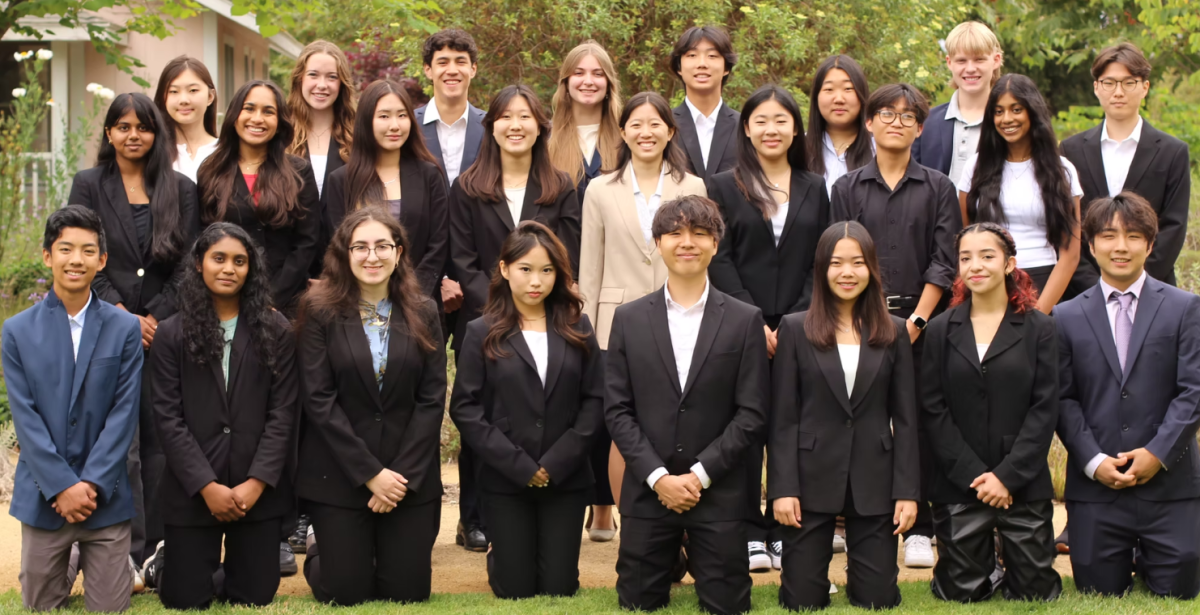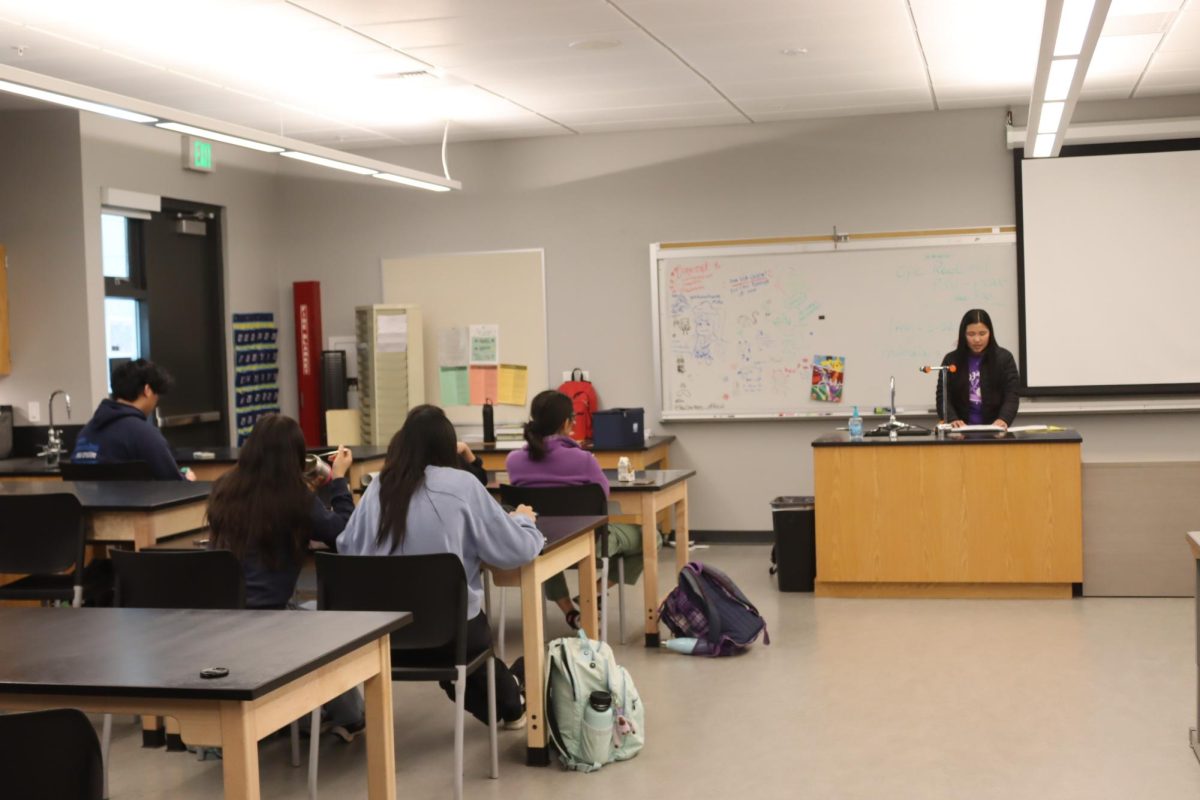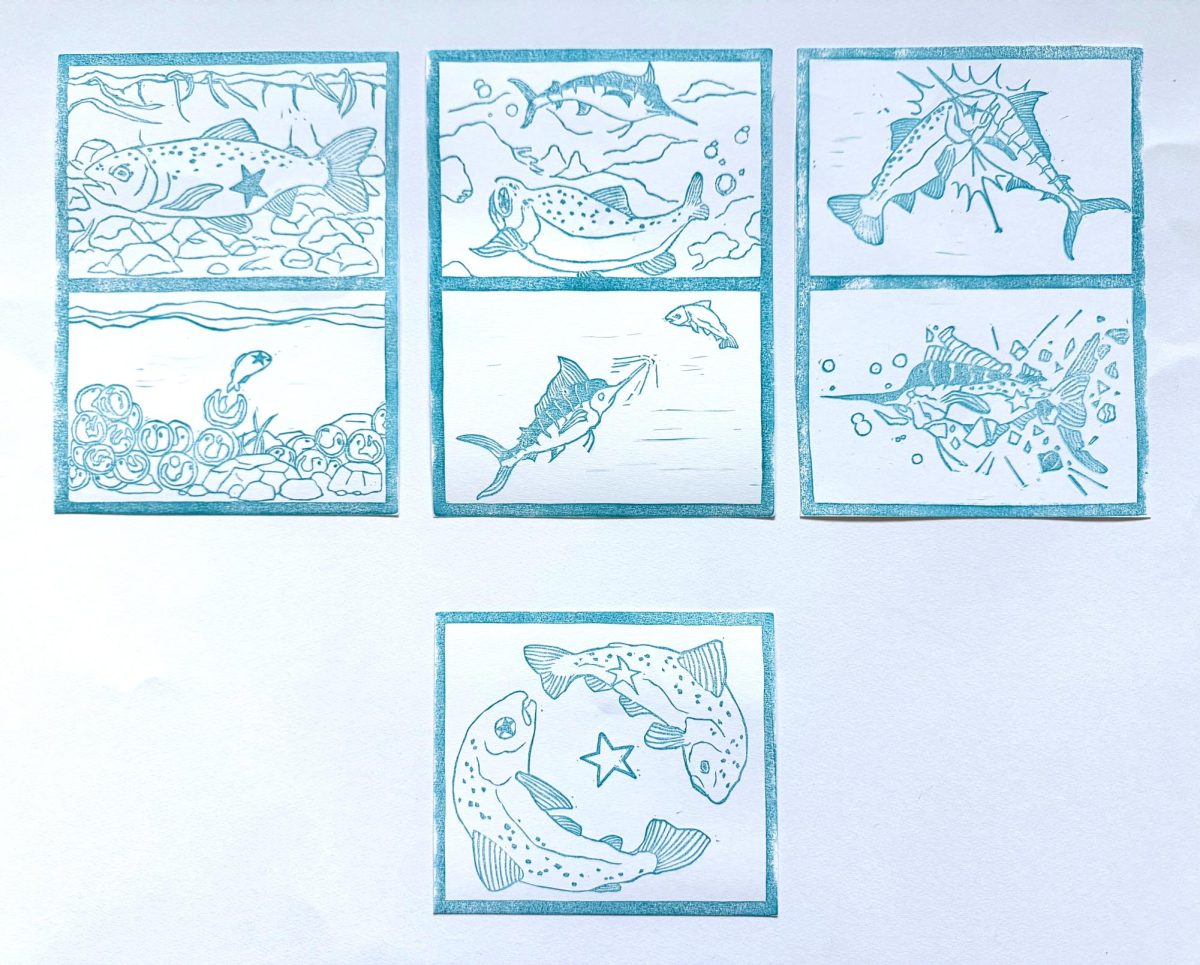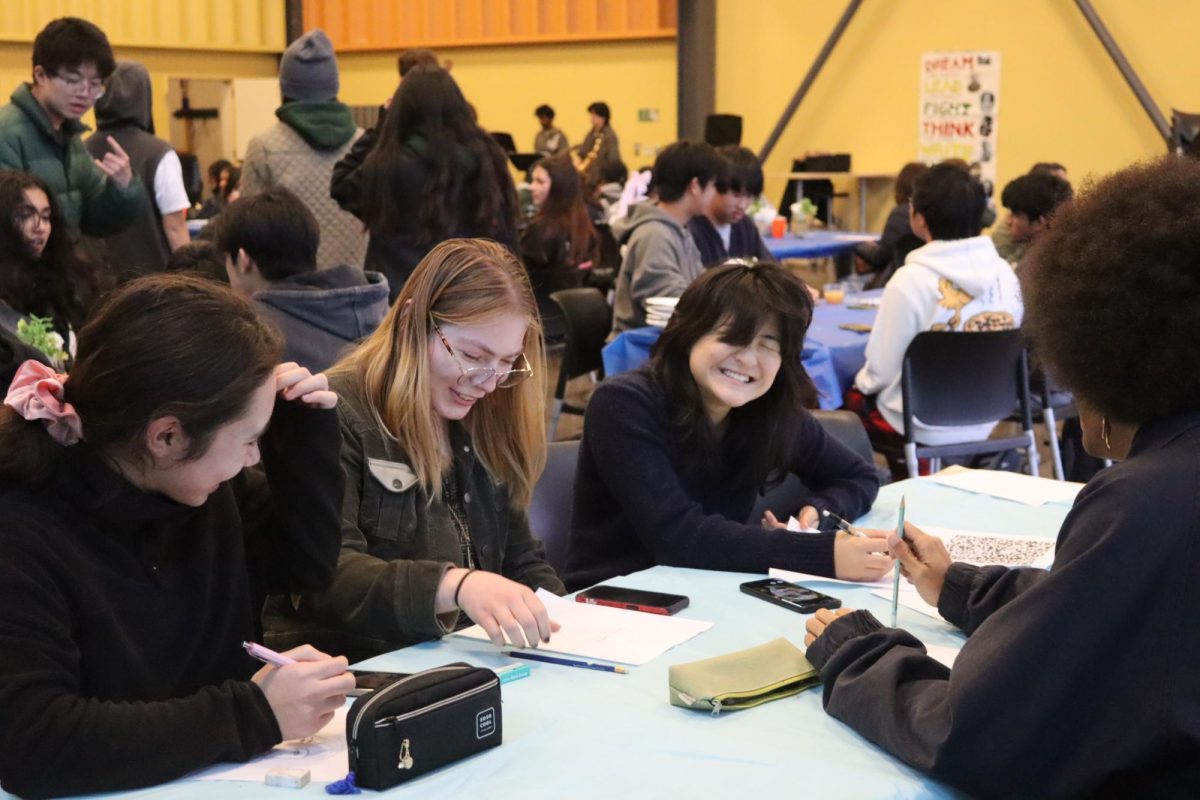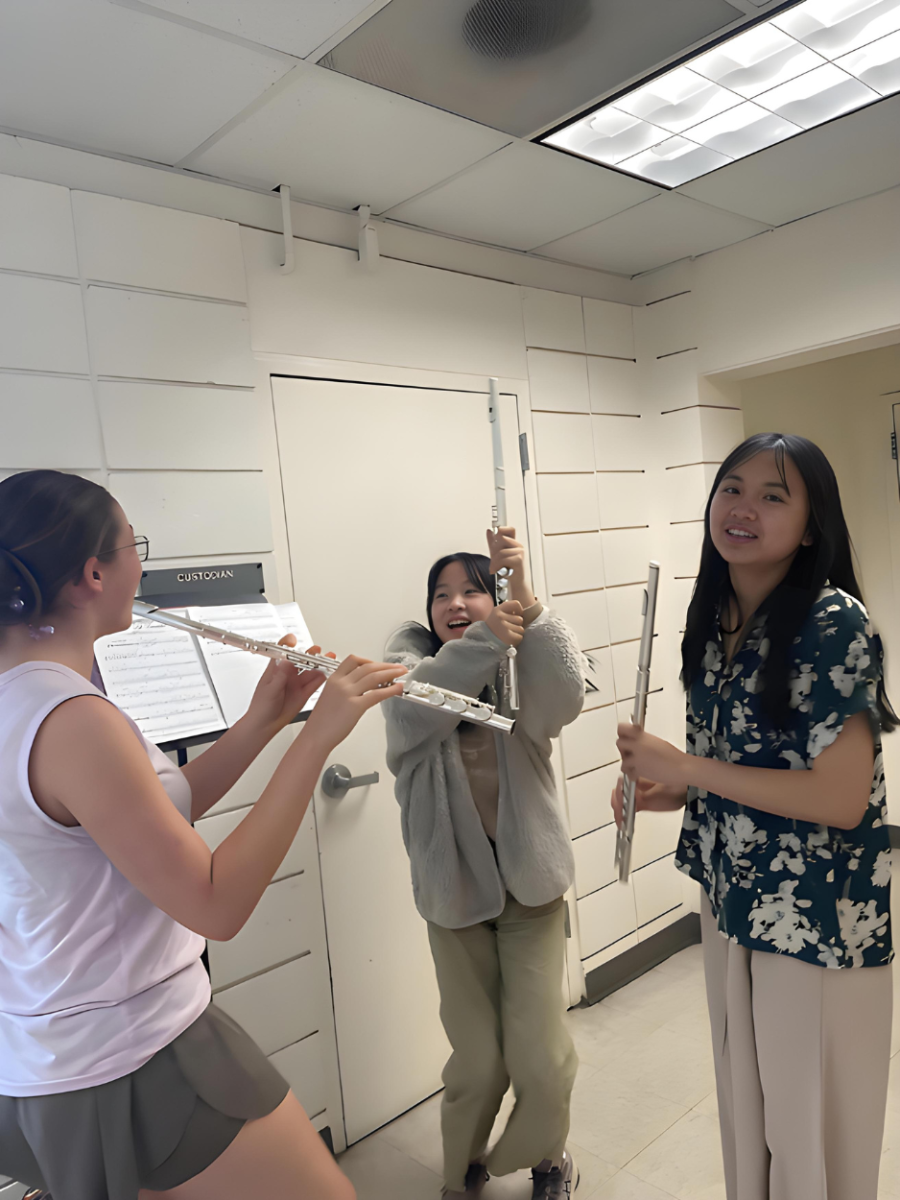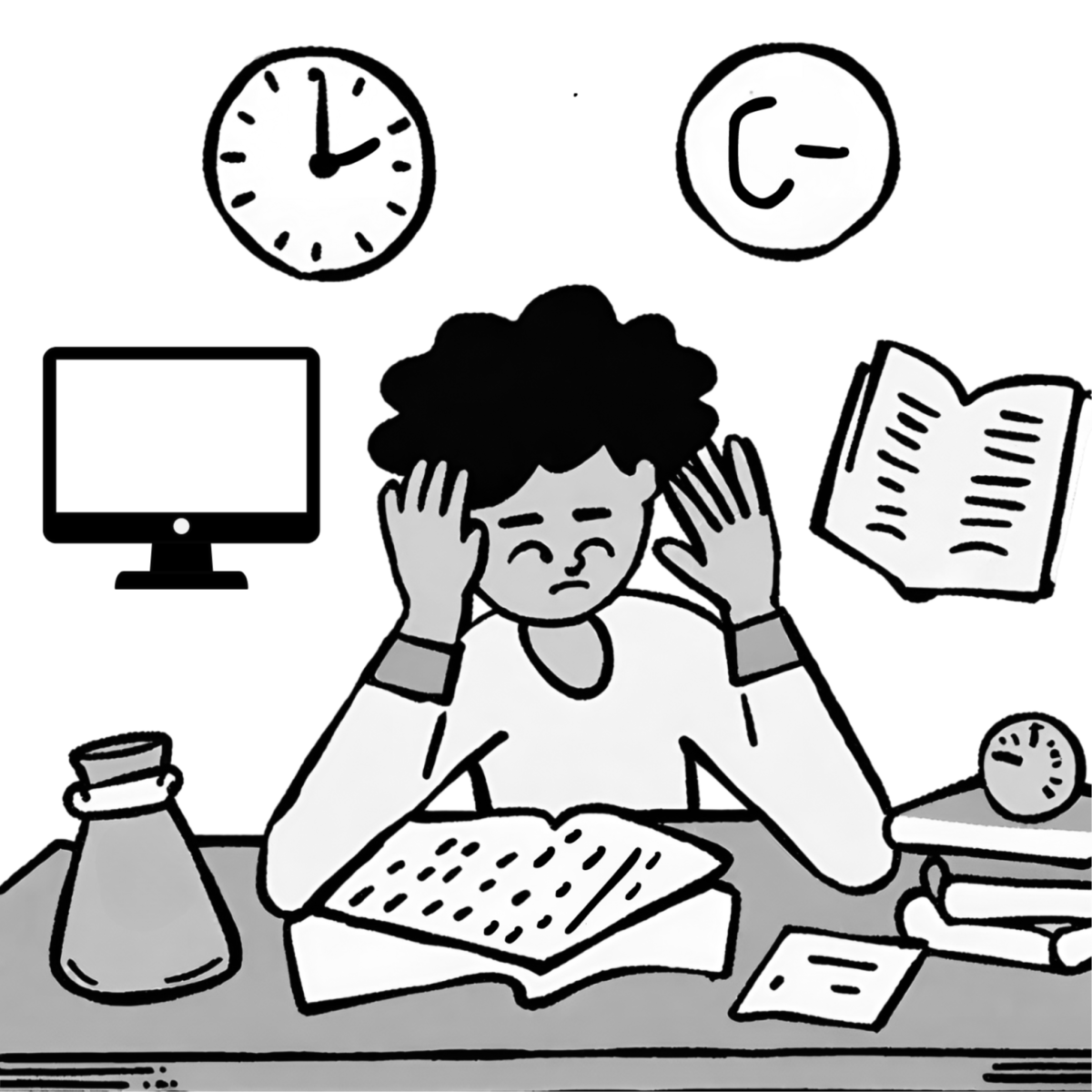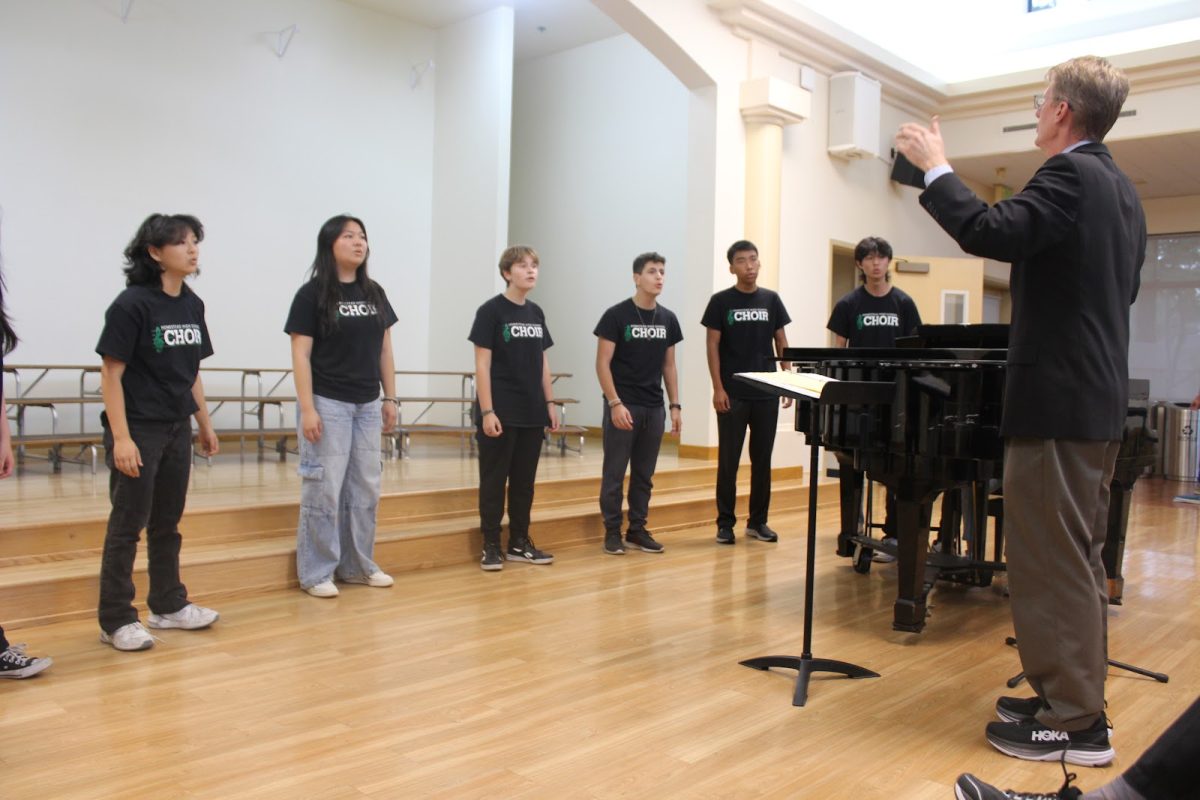To many students, AP music theory is often overlooked as an AP course and is not seen as a “popular” course, sophomore Alyssa Miyai said. Due to AP music theory being one of the only two AP art courses available at our school, there are many unfair stereotypes associated with the class: the course is considered “easy” and not a class that will make them successful in life, Miyai added.
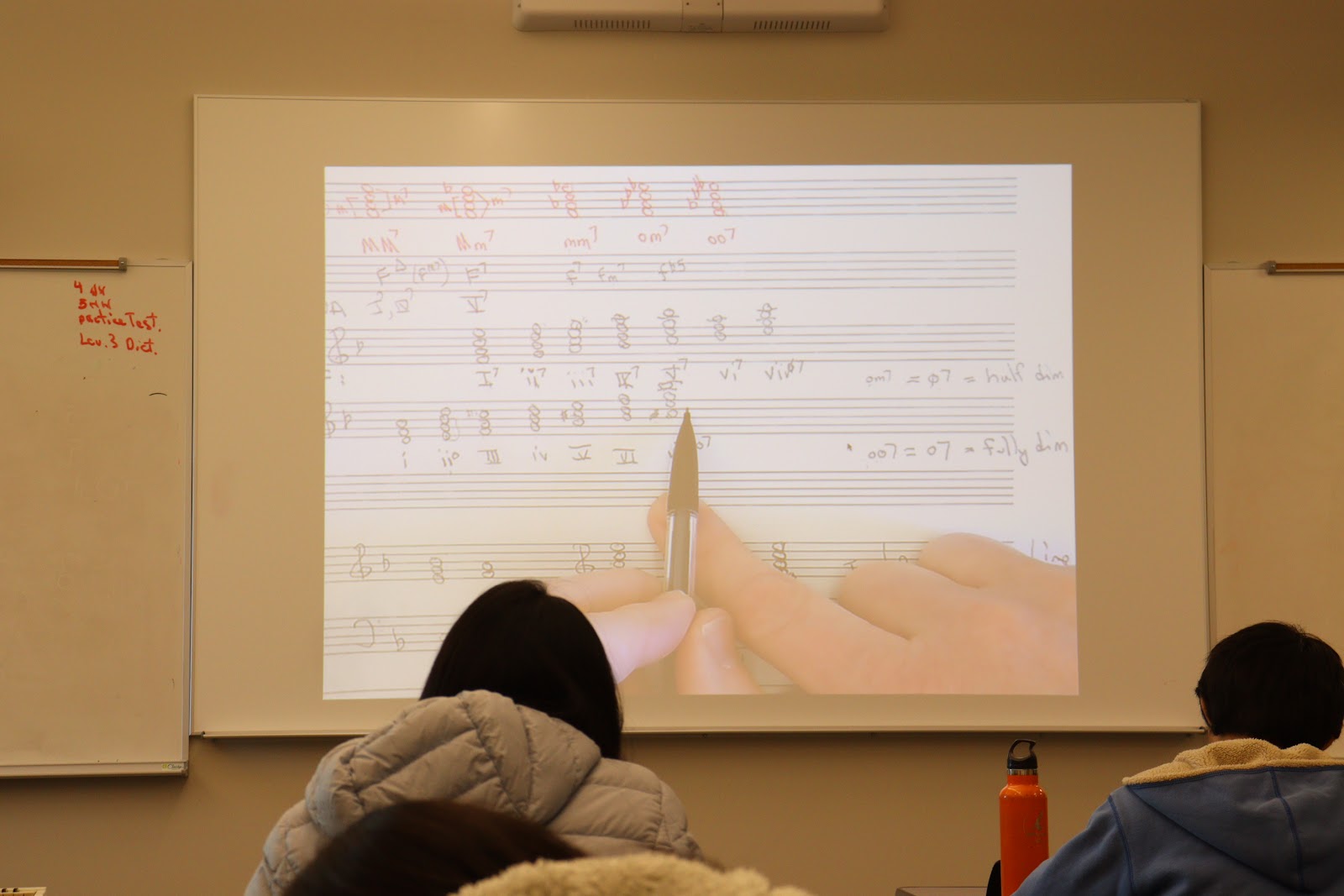
However, Miyai said AP music theory has its own different and complex aspects, with the course being fast-paced and covering a fair amount of content in a year.
“It’s useful because it’s a part of the foundation of writing music,” Miyai said. “Even if you’re not looking to major in music, it’s a good way to learn to appreciate music and learn about how much thought goes into composing and interpreting music.”
Music theory is the study of learning how notes are put together to acquire a basic understanding of music, AP music theory teacher Jeff Morton said. Morton said the course is a perfect traditional learning course for students who have a genuine interest in studying music theory and improving their musical skills.
Students come into the course with varying levels of prior knowledge in music and music theory, Morton added.
“Theory requires you to have some skills to build on to get to the next set of skills,” Morton said. “When you’ve had music theory and then you go back to performance classes, you understand what’s happening in the music and you play more accurately. It helps you memorize and learn things faster because you have a relationship to the musical structure of that piece. It just makes you a better musician.”
Sophomore Meredith Tan said the course exposes students to music composition in a way they have never really been in contact with. Tan said it encouraged her to devote more time to musical extracurriculars including the piano, which she has played for over a decade.
“Throughout my piano experience, I have never been really interested in music syntax and compositions, but AP music theory encouraged me to explore it and also be more involved in music this year,” Tan said.
Miyai said she took the course because she wanted to further understand the nuances of music and express what she thought the composer was feeling when they wrote it.
“It’s easier for me to analyze a piece because I have more knowledge of music now,” Miyai said. “When we listen to music, you can hear how many melodies and how much work and thought goes behind this. Artists follow all these rules, but they sometimes break them too. But that’s what makes the music sound so wonderful.”



